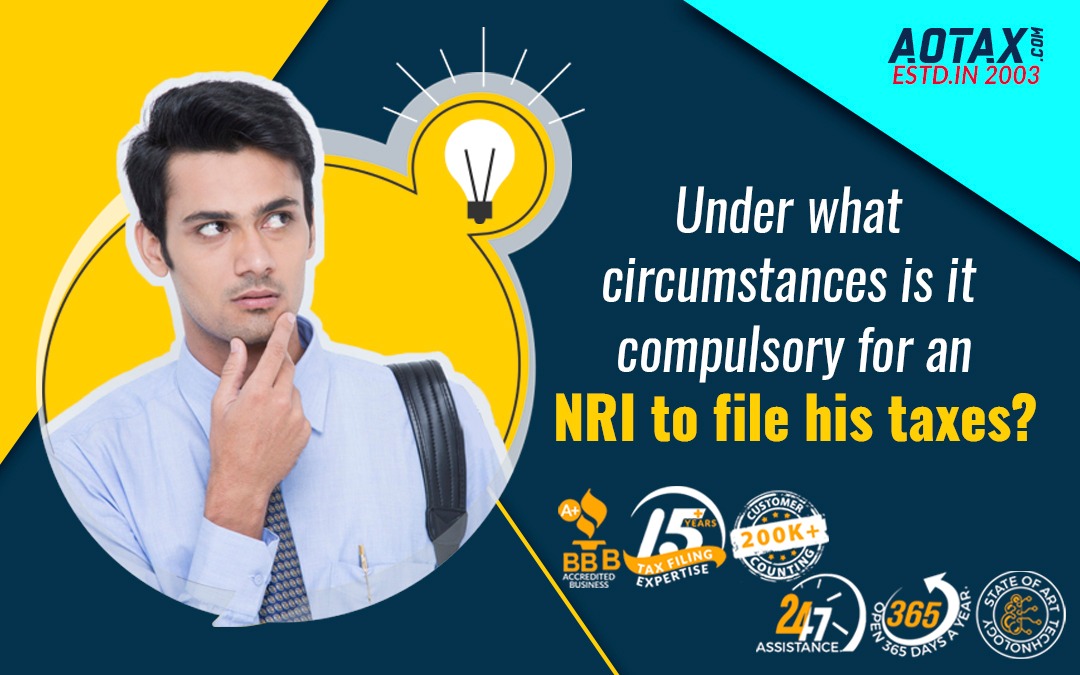
Tax Liability for NRI’s residing in the US for sending money to India
Tax Liability for NRI’s residing in the US for sending money to India
Tax Liability for NRI’s residing in the US for sending money to india.A better working opportunity or an opportunity to secure a better future for yourself and your family or better earnings are some of the most common reasons for people to seek jobs abroad. It is only but natural that one would want to send money back to the country. Either to their existing savings account or to your family. One must be cognizant of the fact that two different countries and their respective tax laws come into the picture in such transactions. If you are an NRI who resides in the United States of America, what are the tax liabilities that you must adhere to? If you are sending money back to India, it largely depends on whom you want to transfer the money to. For starters, when an NRI sends money to their spouse, kids or parents, they might not have to pay any taxes. The reason being, it is considered as a gift from your income to them. And in India, a gift from earning heads is not considered to be liable for taxes. On the other hand, if you are sending the money to the savings account of someone else, it would be a source of income for them and they must pay applicable taxes on the same. Another important thing to keep in mind is the conversion of bank accounts. As soon as you become an NRI, the first thing that you must do is convert your savings account to NRO. Thus, a scenario where you would send money to your own savings account doesn’t arise in the first place.
Abroad to NRO
There are different ways by which you can submit money to your NRO account. You can either wire transfer the same, do online transfers or take the help of any other banking channel. The amount that you transfer is non-taxable either in India or in the USA. The simple assumption is that you have already paid taxes for the income that you receive in the USA. But if you earn interests from your NRO account, you are liable to pay taxes on the same. Of course, this taxation adheres to income tax laws of India. Thus, if the interest that you earn exceeds the basic exemption income of INR 2,50,000 for a fiscal year, you will have to pay taxes on the same. Remember, it is not mandatory to file your taxes if your only source of income is interests earned on a saving account. However, you can reclaim the money as a part of TDS that is already deducted.
Abroad to NRE
The other account that you can possibly convert your savings account to is an NRE account. And the taxes change by a considerable margin should you decide to transfer funds to your NRE account. Any amount that you transfer to your NRE account is non-taxable. Also, the interests that you earn on your NRE savings account is non taxable as per Indian tax laws. But for NRIs based out of USA, they would need to include the income from NRE accounts in their income tax filing, since it becomes a global income. However, if you choose to transfer the same to your spouse’s account, the effective taxation would come down by a considerable amount due to the lower tax bracket. For any money transfers to the savings account of your parents, they need not pay any taxes on the same. As already mentioned, the type of account that you transfer money to largely defines the amount of taxes that you are liable to pay.






Recent Comments